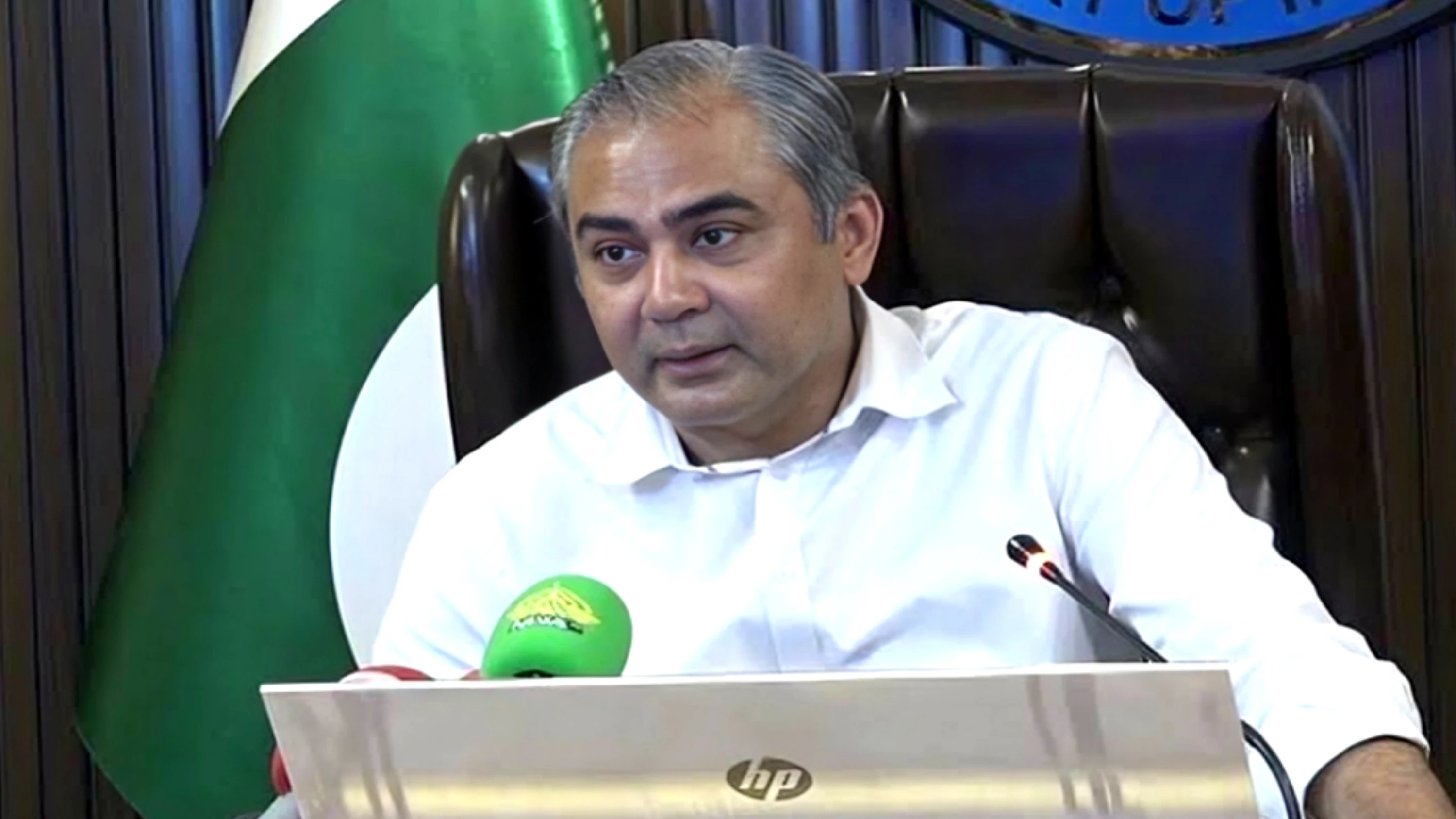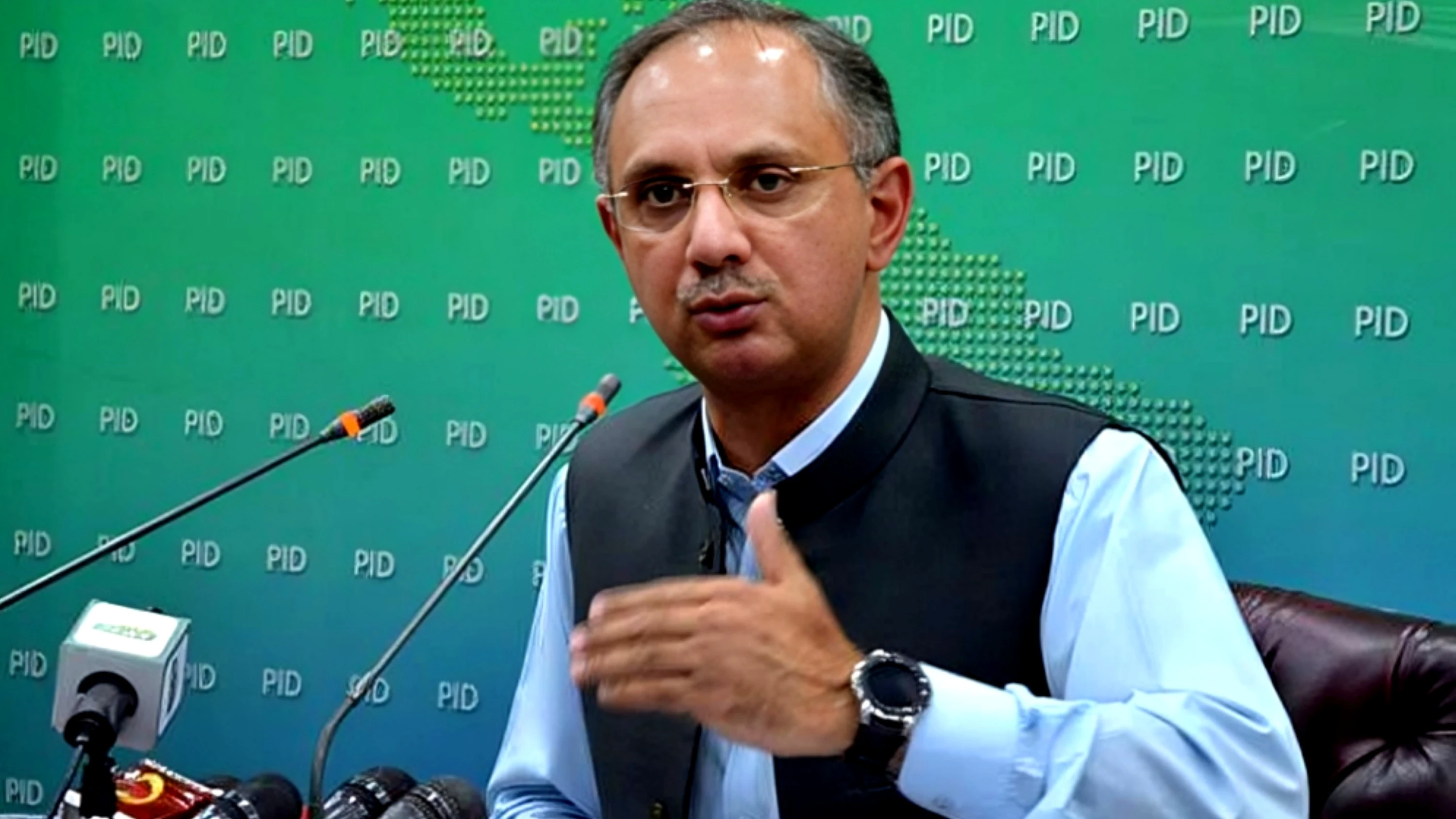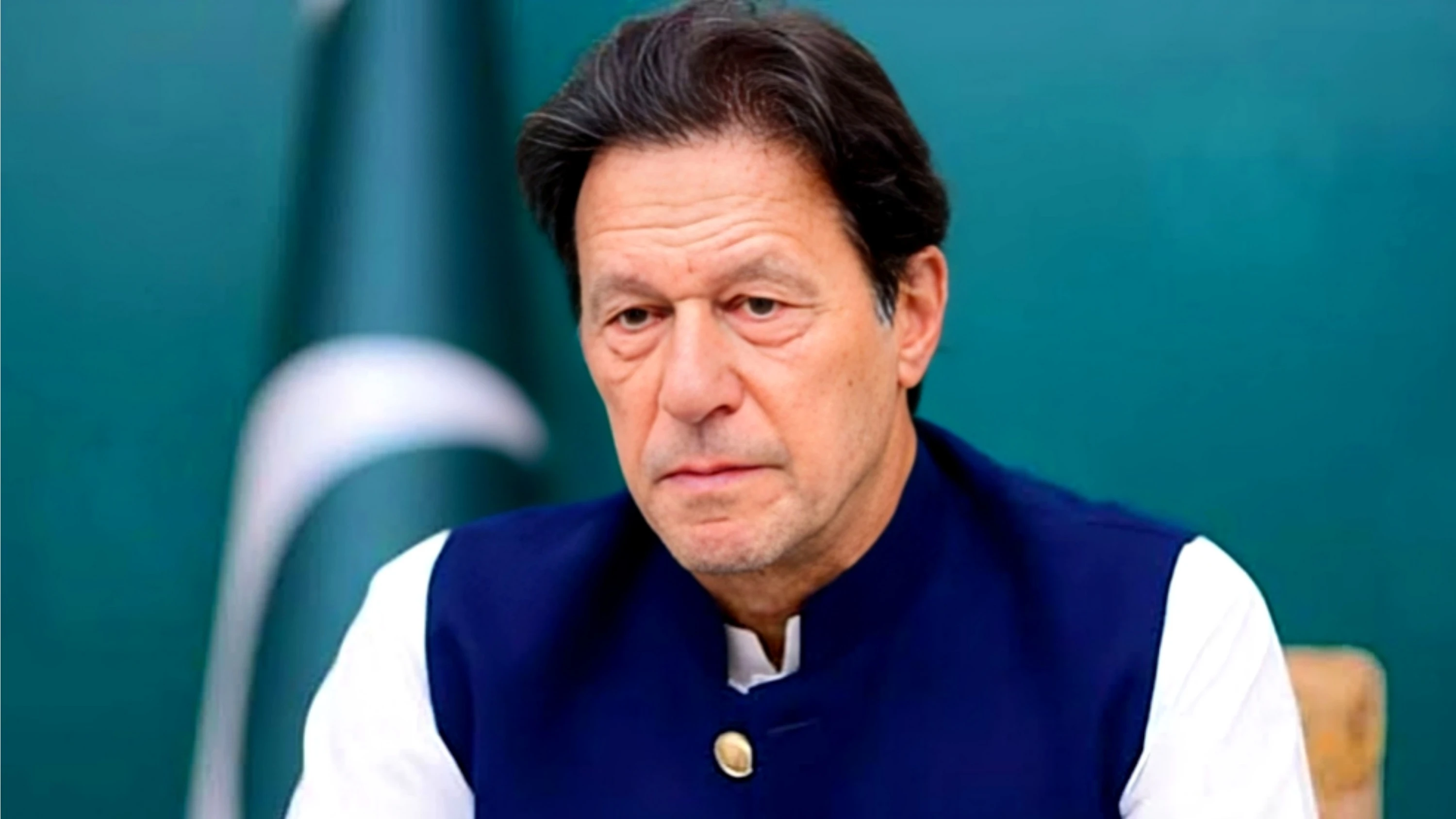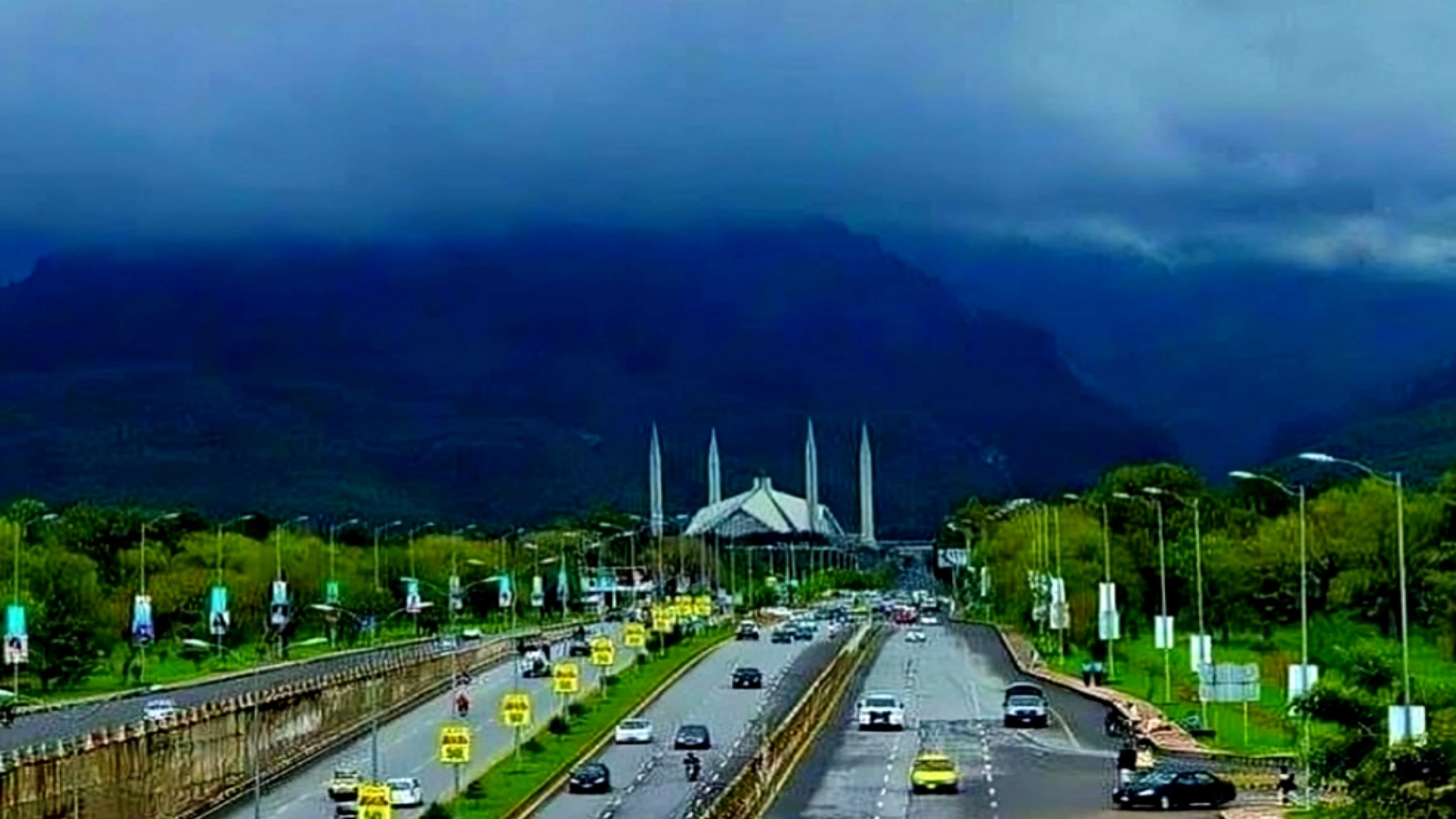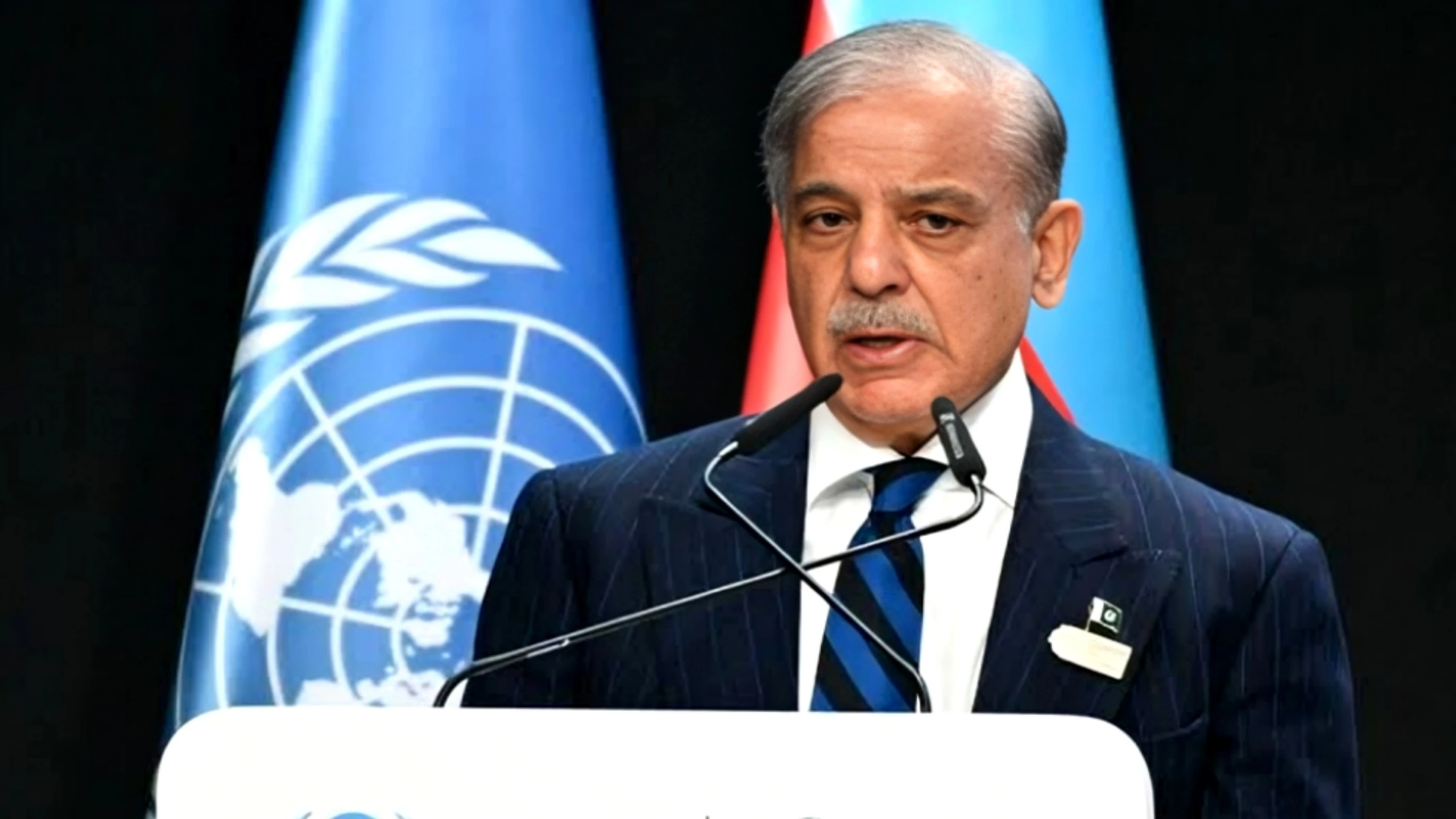Lahore: Pakistan has demanded an independent and transparent investigation into the Pahalgam incident in Indian-occupied Kashmir, in which 26 tourists were killed on April 22.
Addressing a press conference in Lahore, Federal Interior Minister Mohsin Naqvi asserted that Pakistan has no direct or indirect involvement in the attack and called for neutral investigators to uncover the truth.
Minister Naqvi emphasized Pakistan’s willingness to fully cooperate with any impartial inquiry, stating, "We want the real facts to come to light and expose this drama." He stressed that the Pahalgam incident has harmed Pakistan’s image and benefited India at a time when Pakistan is achieving economic stability and growth.
Highlighting a pattern, Naqvi questioned why such incidents consistently occur during visits of foreign dignitaries to India, noting that this was the third time a tragedy had coincided with an important visit.
He reiterated Pakistan's firm stance as a peace-loving country, warning, however, that any attempt to undermine Pakistan’s sovereignty would be met with fierce resistance from all 240 million Pakistanis.
Naqvi further stated that Pakistan condemns terrorism globally and has always expressed this position on international forums. Given past experiences and current circumstances, Pakistan harbors serious reservations about India’s credibility in conducting a fair investigation. Therefore, Pakistan insists on a neutral, international probe.
Referring to acts of terrorism within Pakistan, Naqvi said credible evidence links India to attacks in Balochistan and Khyber Pakhtunkhwa. "In the past three days alone, we have foiled several attacks by recovering seven IEDs intended for terrorist activities," he revealed.
Additionally, he demanded an impartial investigation into the recent attack on the Jaffar Express train, pledging to provide all available evidence to an independent commission to expose those truly responsible.
Minister Naqvi accused India’s intelligence agency RAW of backing terrorist outfits like the banned Baloch Liberation Army (BLA), stating that the two operate as one entity. He announced that Pakistan would soon present concrete evidence to the media regarding these links.
Regarding the Pahalgam incident, Naqvi pointed out inconsistencies, questioning how authorities were able to register an FIR within ten minutes of the attack's end — despite the police station being over six kilometers away — and swiftly conclude that the attackers had crossed from across the border.
"Such a staged drama is unprecedented," Naqvi said, adding that whether in Canada, the U.S., or Pakistan, Indian agencies are increasingly being exposed for their involvement in targeted killings.
Citing India’s own admissions of involvement in extrajudicial killings abroad, he criticized New Delhi’s double standards, noting that India has never condemned any terror incidents inside Pakistan, despite frequent attacks.
The minister also pointed out that while Pakistan was actively pursuing wanted terrorists, Indian media outlets were hosting these individuals for interviews.
Following the Pahalgam attack, India announced the immediate suspension of the Indus Waters Treaty on April 23 and ordered Pakistani nationals to leave within 48 hours. Pakistan’s National Security Committee, chaired by Prime Minister Shehbaz Sharif, swiftly rejected India’s move, declaring that any attempt to block Pakistan’s water would be considered an act of war and would be met with a strong response.
Naqvi concluded by stressing Pakistan’s commitment to peace and stability, while making it clear that any compromise on sovereignty is unacceptable. "The ball is now in India’s court," he said.


